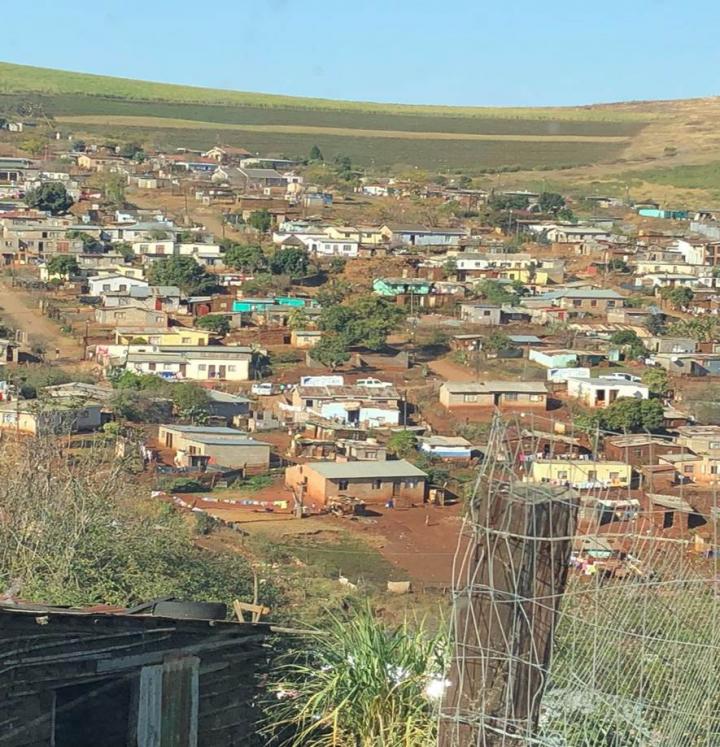Study finds mobile vans dispensing ART and other treatment significantly increased viral suppression

Credit: Delivery Optimization for Antiretroviral Therapy
In parts of Africa, where the rate of HIV is high, researchers found that using mobile vans to dispense antiretroviral treatment and other care greatly increased viral suppression.
Researchers enrolled 1,315 people living with HIV and not on antiretroviral treatment in a nearly three-year study in South Africa and Uganda using mobile vans to dispense treatment.
The randomized controlled trial, conducted between May 2016 and March 2019, found that viral suppression was 74 percent, compared to 63 percent for those seen in a clinic. The results were presented March 9 at the virtual Conference on Retroviruses and Opportunistic Infections (CROI).
“With millions needing treatment and not getting it, this community-based intervention could do a lot to help stop the spread of HIV,” said lead author Ruanne Barnabas, associate professor of global health at the University of Washington School of Medicine.
Barnabas said the convenience of the vans in the community made getting care much easier. People who needed ART could start in an hour and get treatment for a year without ever needing to go to a clinic. The vans, paid for by The Bill and Melinda Gates Foundation, operated daily from 11 a.m.-8 p.m. in five locations.
The study was conducted in rural and peri-urban areas of high and medium HIV prevalence in South Africa and Uganda. In South Africa, the study was conducted in 11 communities in uMgungundlovu District, KwaZulu-Natal – with a population HIV rate of 36 percent.
Overall, an estimated 7.7 million South Africans are living with HIV and about 3 million are not getting treatment, according to data from UNAIDS in 2019.
In Uganda, the study was conducted in six communities in the Sheema District, with a population HIV rate of 11 percent. Overall, an estimated 1.4 people are living with HIV in Uganda and about 380,000 are not receiving treatment, according to UNAIDS 2019 data.
Both communities in South Africa and Uganda have public clinics that offered access to ART and no cost but are characterized by high unemployment and low per-capita income (below US $2 a day.)
###
The study was funded by The Bill and Melinda Gates Foundation and the University of Washington and Fred Hutch Center for AIDS Research, which is supported by the National Institutes of Health.
Media Contact
Bobbi Nodell
[email protected]
206-543-7129




